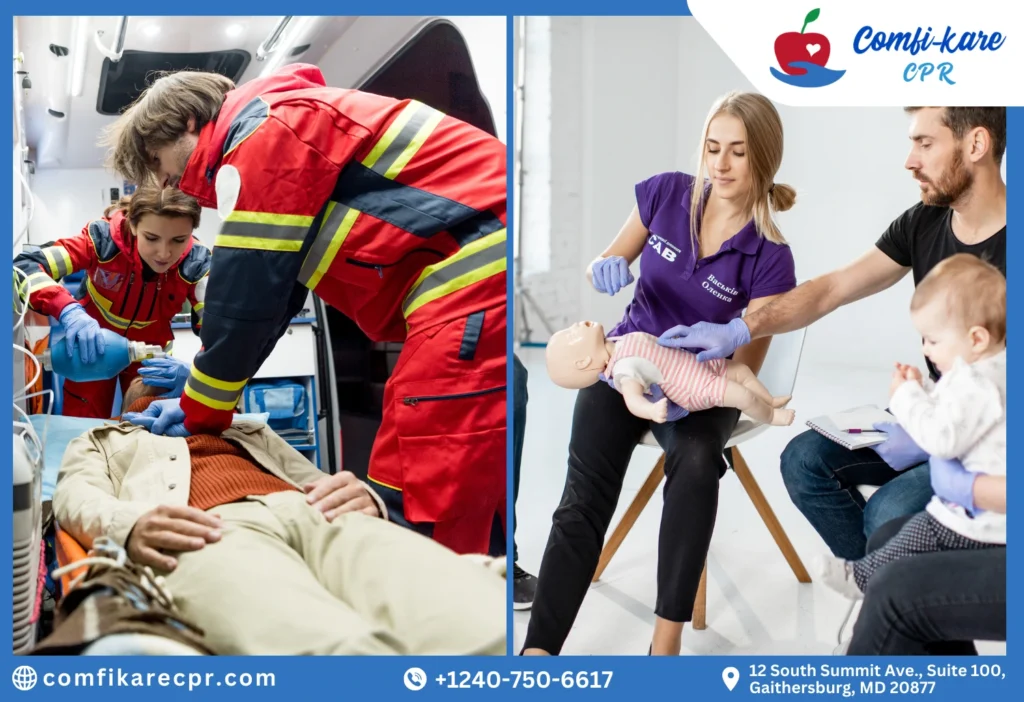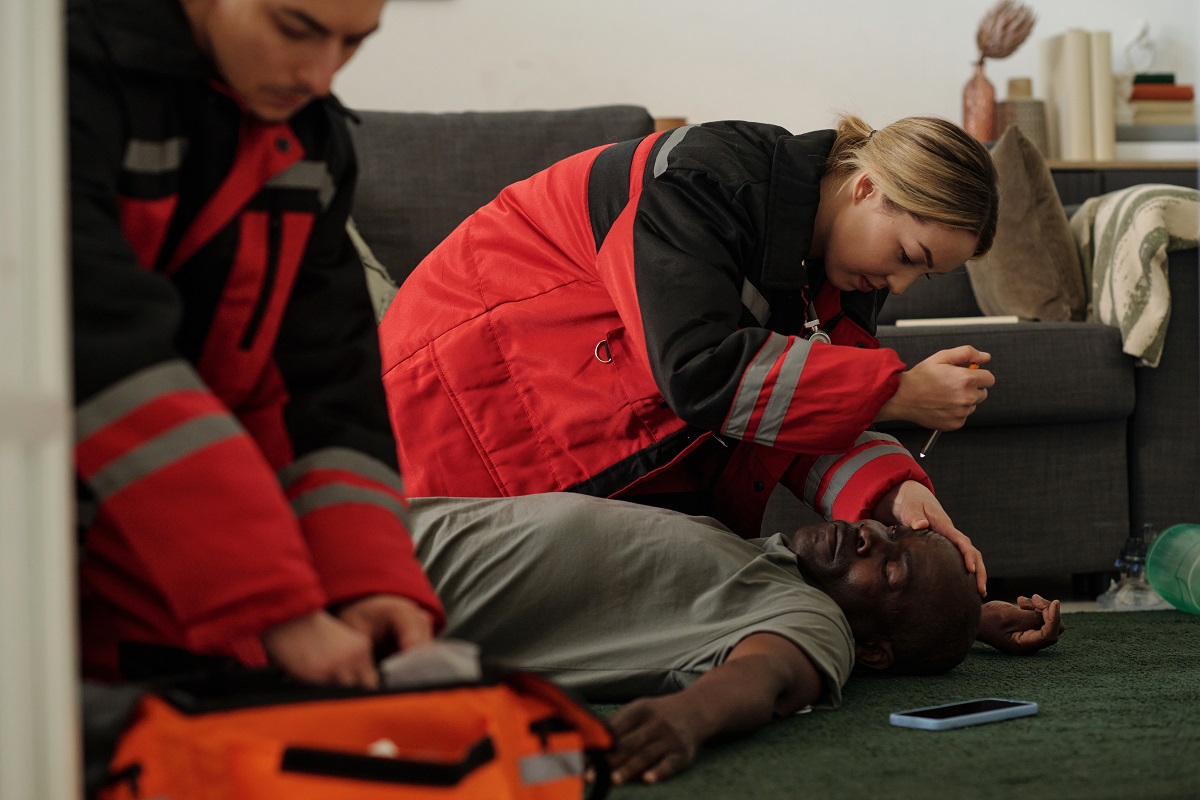
Do you need PALS or ACLS certification to excel in your career? You may have an idea of getting just one certification course. But what if there is a medical emergency where you are required to have both knowledge of ACLS and PALS?
Imagine a child having severe chest pain and breathing difficulty. The initial diagnosis tells us that the child is having a serious asthma exacerbation, which has resulted in respiratory and cardiac failure. In this case, you need to be both ACLS and PALS certified.
Importance of ACLS and PALS Certification
Advanced Cardiac Life Support (ACLS)
ACLS, or Advanced Cardiac Life Support, is a special training designed for healthcare professionals dealing with cardiac or cardiovascular emergencies. They have the knowledge and skills to effectively respond to various cardiac emergencies and increase their chances of survival. By taking an ACLS course, healthcare professionals can avert any chances of death with clinical interventions and get the right training to offer support and care during an emergency.
Pediatric Advanced Life Support (PALS)
PALS, or Pediatric Advanced Life Support, is a training program for healthcare professionals who deal with various emergencies related to child care and child health. This certification course is especially for pediatric healthcare workers who can identify, access, and diagnose medical cases that arise outside of the hospital setting. By getting the right training, they increase the chance of survival and provide support and care to children with various life-saving techniques.
Can a Healthcare Professional Get both ACLS and PALS Certifications?
Yes, getting both certification courses helps medical professionals excel in their careers and provides training and skills to deal with medical emergencies.
However, it is optional for some healthcare professionals, like pediatricians or neonatologists. They require PALS training instead of ACLS training. Similarly, administrative staff and non-clinicians who work in the healthcare industry do not need ACLS and PALS certification courses.
However, if you want to get ACLS certification, you need to have certain skills that give you the right knowledge and skills to proceed further. You may be aware of the benefits of ACLS certification .
Skills You Need for ACLS Certification
- Proficient knowledge of the BLS technique
- Interpretation of cardiac rhythms
- Familiarity with medications, understanding health indicators, dosage, and side effects
- Critical yet quick decision-making skills
- Teamwork and communication skills
However, for PALS certification, you need to have certain skills before you decide to take up the course.
Here are the skills you need to be proficient in:
- Basic BLS knowledge
- Understanding of pediatric anatomy and physiology
- Recognizing and managing immediate threats and medication management among children
- Manage respiratory distress among pediatrics
- Providing support for optimizing recovery and monitoring neurological and other health complications
Benefits of Getting both ACLS and PALS certification
- More job opportunities for children and adults
- Fostering better teamwork and communication to manage emergencies
- Effective contribution to the healthcare industry
- Ongoing professional development for healthcare professionals
- Gives a wide range of knowledge to healthcare workers
- Fosters better leadership skills in various emergencies
In Conclusion,
ACLS and PALS are more than just certification courses; they are life-saving skills. These are the pillars of an emergency that help healthcare professionals save lives during an emergency.
So, continue refining your skills and learning with PALS and ACLS Courses in Frederick County.
Empower yourself now!

